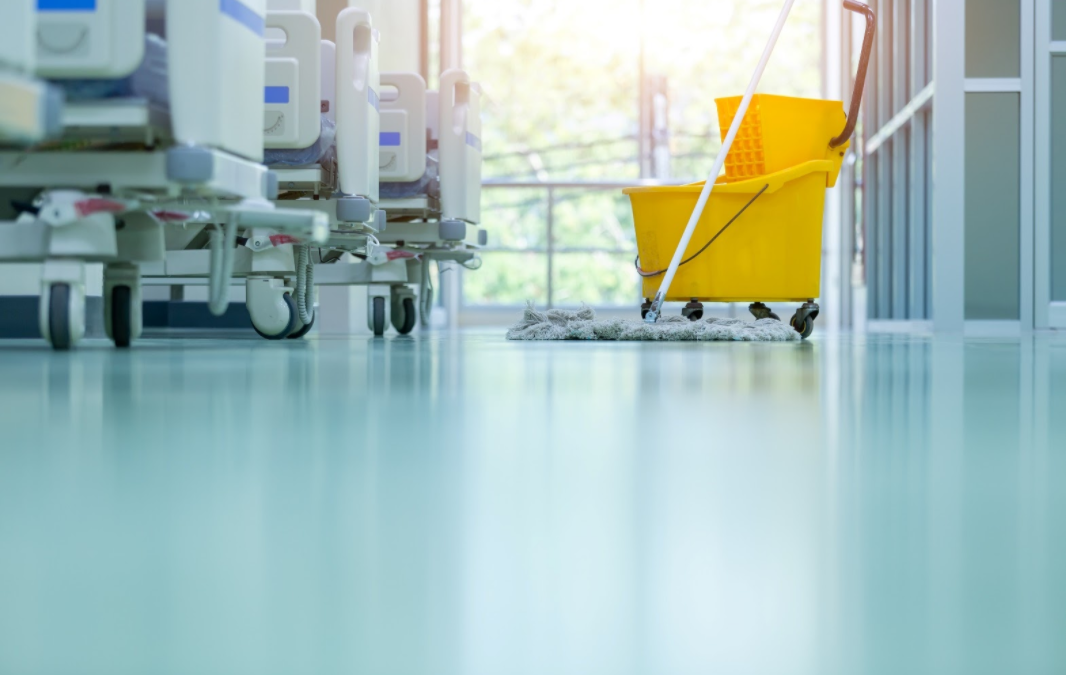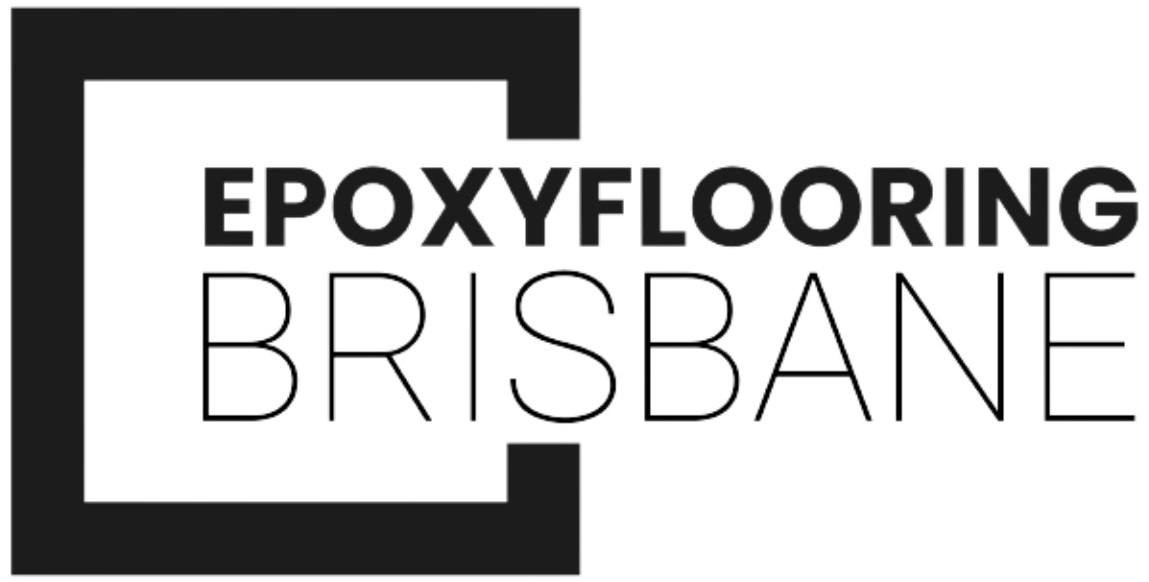
Creating hygienic facilities is crucial for various industries, from food processing and healthcare to laboratories and manufacturing. Ensuring a clean, durable, and safe environment is essential for both employees and customers.
One key player in achieving this goal is commercial epoxy flooring.
In this article, we delve into the significance of epoxy coating in creating hygienic facilities and how they contribute to maintaining pristine and sanitary spaces.
These are types of protective surface coating made from epoxy resins, a thermosetting polymer. When combined with a curing agent, the epoxy resin forms a rigid, chemically resistant, and durable coating. The resulting coating adheres exceptionally well to various surfaces, making it an ideal choice for numerous applications.
Epoxy coating plays a pivotal role in ensuring hygienic facilities. Let’s explore their various contributions in this regard:
1. Providing a Seamless and Impermeable Surface
Epoxy coating creates a seamless and impermeable surface when applied to floors, walls, or ceilings. This seamless nature prevents the accumulation of dirt, bacteria, and other contaminants that could compromise the hygiene of a facility.
2. Resistance to Chemicals and Solvents
In hygienic facilities, exposure to chemicals and solvents is common. Epoxy coating exhibits high resistance to these substances, protecting the underlying surface from damage and ensuring the integrity of the hygiene standards.
3. Enhancing Cleanability
The smooth and non-porous nature of epoxy coating makes cleaning and maintenance a breeze. Regular cleaning routines become more effective and efficient, saving both time and effort.
4. Anti-microbial Properties
Some epoxy coatings are specially formulated with anti-microbial additives, which actively inhibit the growth of bacteria, fungi, and other harmful microorganisms. This added layer of protection further bolsters the facility’s hygiene.
5. Creating a Safe Environment
Epoxy coating offers excellent slip resistance, which is crucial in preventing accidents and ensuring the safety of facility occupants. This aspect is especially significant in areas where water or other fluids are frequently present.
6. Resistance to Abrasion and Impact
Hygienic facilities often face high foot traffic and heavy machinery use. Epoxy coating’s exceptional abrasion and impact resistance ensure that the surfaces maintain their hygiene standards even under demanding conditions.
7. Longevity and Durability
Investing in epoxy coating ensures long-lasting and durable surfaces, reducing the need for frequent repairs or replacements. This longevity contributes to consistent hygiene standards over extended periods.
8. Compliance with Regulatory Standards
Many industries have strict hygiene and safety regulations to adhere to. Epoxy coating helps facilities meet these standards, creating a hygienic environment that complies with industry regulations and codes.
The versatility of epoxy coating allows them to be utilized in various industries to maintain hygienic environments. Let’s explore their applications in different sectors:
1. Food Processing and Manufacturing
In the food industry, maintaining strict hygiene standards is non-negotiable. Epoxy coating is widely used in food processing and manufacturing facilities to create clean, sanitary, and easily cleanable surfaces. Whether it’s commercial kitchens, food storage areas, or processing plants, epoxy coating plays a significant role in preventing contamination and ensuring food safety.
2. Healthcare Facilities
Hospitals, clinics, and laboratories must maintain a sterile environment to safeguard patients and healthcare providers. Epoxy coating is instrumental in creating hygienic floors, walls, and surfaces in operating rooms, laboratories, and patient care areas. Their anti-microbial properties provide an added layer of protection against harmful pathogens.
3. Pharmaceutical Industry
The pharmaceutical industry demands stringent cleanliness standards due to the production of medicines and vaccines. Epoxy coating is utilized in research laboratories, production facilities, and cleanrooms to meet the industry’s hygienic requirements and ensure the integrity of the products.
4. Educational Institutions
Schools and universities are high-traffic areas where maintaining cleanliness and hygiene is vital. Epoxy-coated floors and surfaces in classrooms, laboratories, and recreational areas contribute to creating a safe and healthy environment for students and staff alike.
5. Commercial and Retail Spaces
From shopping malls to restaurants, maintaining a hygienic environment is essential for customer satisfaction and employee well-being. Epoxy coating offers an aesthetically pleasing yet practical solution for creating clean and durable surfaces in commercial and retail spaces.
6. Warehouses and Industrial Facilities
In warehouses and industrial facilities, epoxy-coated floors withstand heavy loads, chemical spills, and frequent movement of machinery. These coatings ensure a hygienic environment even in demanding industrial settings.
Epoxy coatings play an indispensable role in creating hygienic facilities across a wide range of industries. Their seamless and chemically resistant nature, combined with anti-microbial properties, ensure a clean and safe environment.
From food processing and healthcare to educational institutions and industrial settings, epoxy coating upholds hygiene standards, safeguarding the well-being of all occupants.
Embrace the transformative power of epoxy coating to maintain cleanliness, durability, and safety in your facility.
Absolutely! Epoxy coating’s remarkable impact and abrasion resistance make them ideal for facilities with heavy equipment usage, such as warehouses and manufacturing plants.
While epoxy coatings do emit some odors during application, low-odor or odorless options are available, making them suitable for sensitive environments like hospitals and educational institutions.
Yes, epoxy coating offers excellent resistance to chemicals and acids, making them suitable for use in laboratories, chemical processing plants, and more.
The frequency of maintenance largely depends on the facility’s usage. However, epoxy-coated surfaces generally require minimal maintenance, with regular cleaning being sufficient in most cases.
Yes, epoxy coatings can be applied to both horizontal and vertical surfaces, providing seamless protection to walls and ceilings in addition to floors.
| M | T | W | T | F | S | S |
|---|---|---|---|---|---|---|
| 1 | ||||||
| 2 | 3 | 4 | 5 | 6 | 7 | 8 |
| 9 | 10 | 11 | 12 | 13 | 14 | 15 |
| 16 | 17 | 18 | 19 | 20 | 21 | 22 |
| 23 | 24 | 25 | 26 | 27 | 28 | 29 |
| 30 | ||||||

Trusted, experienced & professional plasterers. New builds, renovations, commercial plastering and repairs. Licenced & insured. Contact us for a free quote!